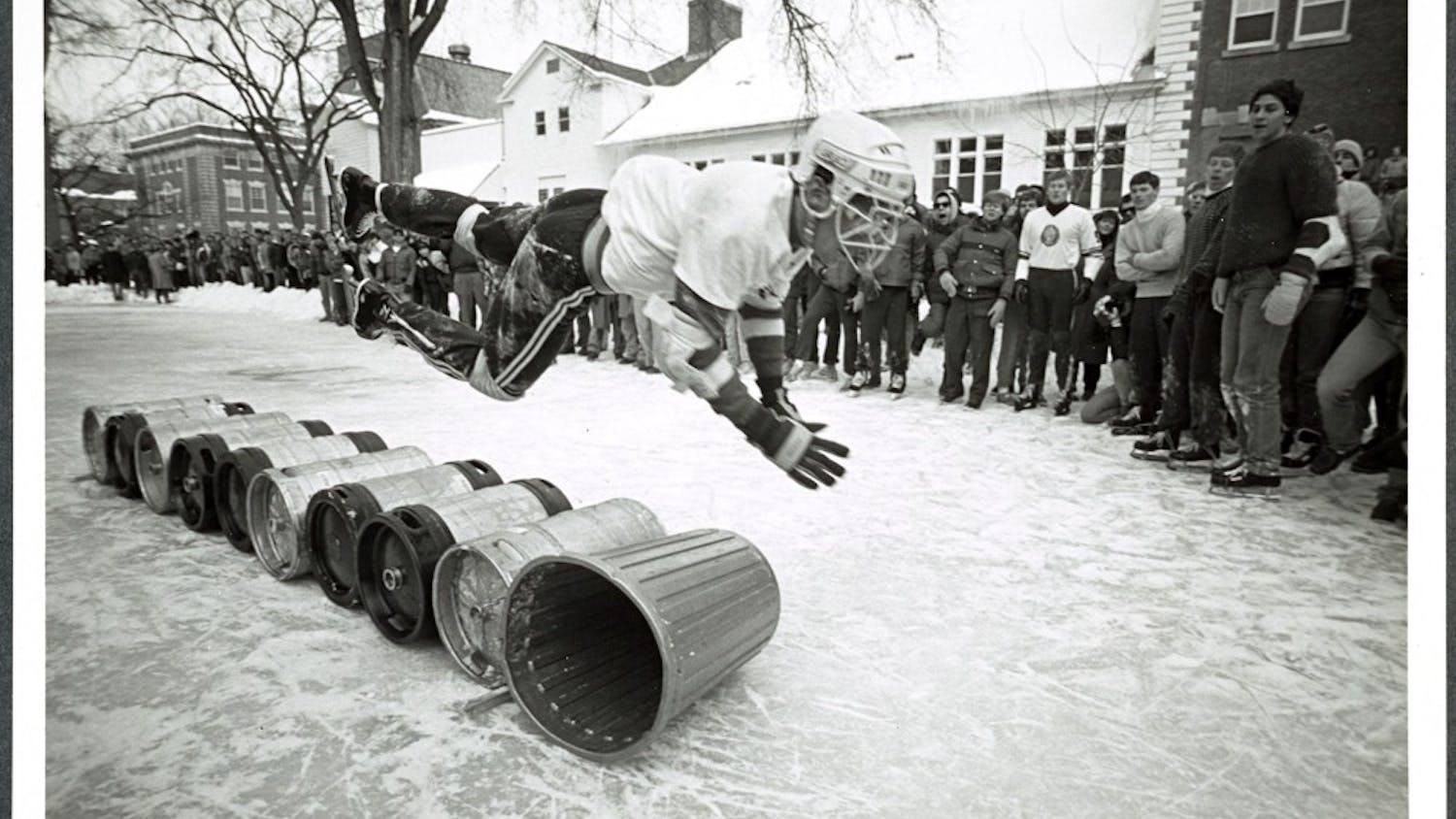It is in the nature of heroes to be flawed. Whether your hero is a parent, an athlete or a political figure, at some point, everyone realizes that their idol is not perfect. It’s a part of growing up, but that doesn’t make the realization any less difficult.
However, along with recognizing a hero’s flaws comes a greater awareness of their true nature. Conceptualizing the good and the bad in an individual — as difficult as it might be — allows you to have a greater understanding of their impact on the world. Pablo Picasso created hundreds of paintings that changed the landscape of art as we know it, but he is also famous for his cruel treatment of the women in his life. Without acknowledging the second part, you can’t appreciate the first with a good conscience.
This week, the Mirror explores the concept of idolization and the many ways it plays out in our world today. We look into the white-washing of Christ in visual representations and examine the implications of being FaceTime-y at Dartmouth. We also chronicle the ownership of slaves by Eleazar Wheelock — one of the idols in Dartmouth lore. We hope that by reading this week’s issue, you will think about how idolization of an individual without regard for their flaws can be dangerous — and about how reconciling a person’s good and bad qualities is essential to developing a well-rounded understanding of them.




